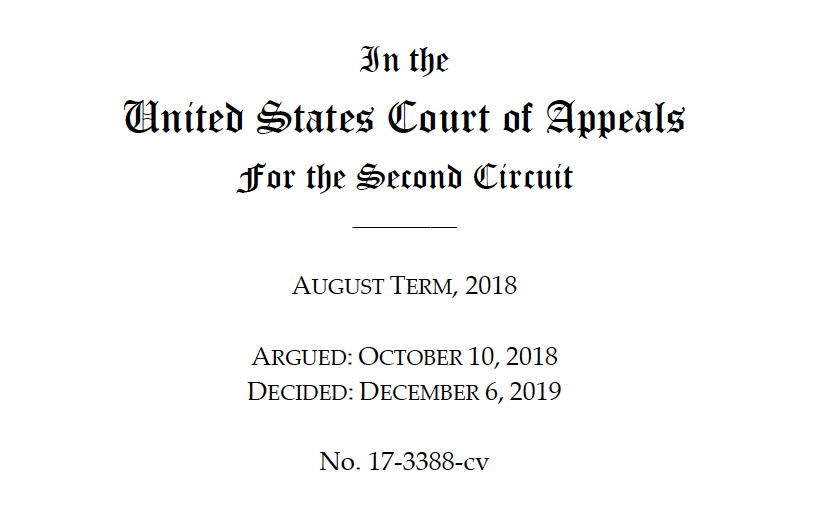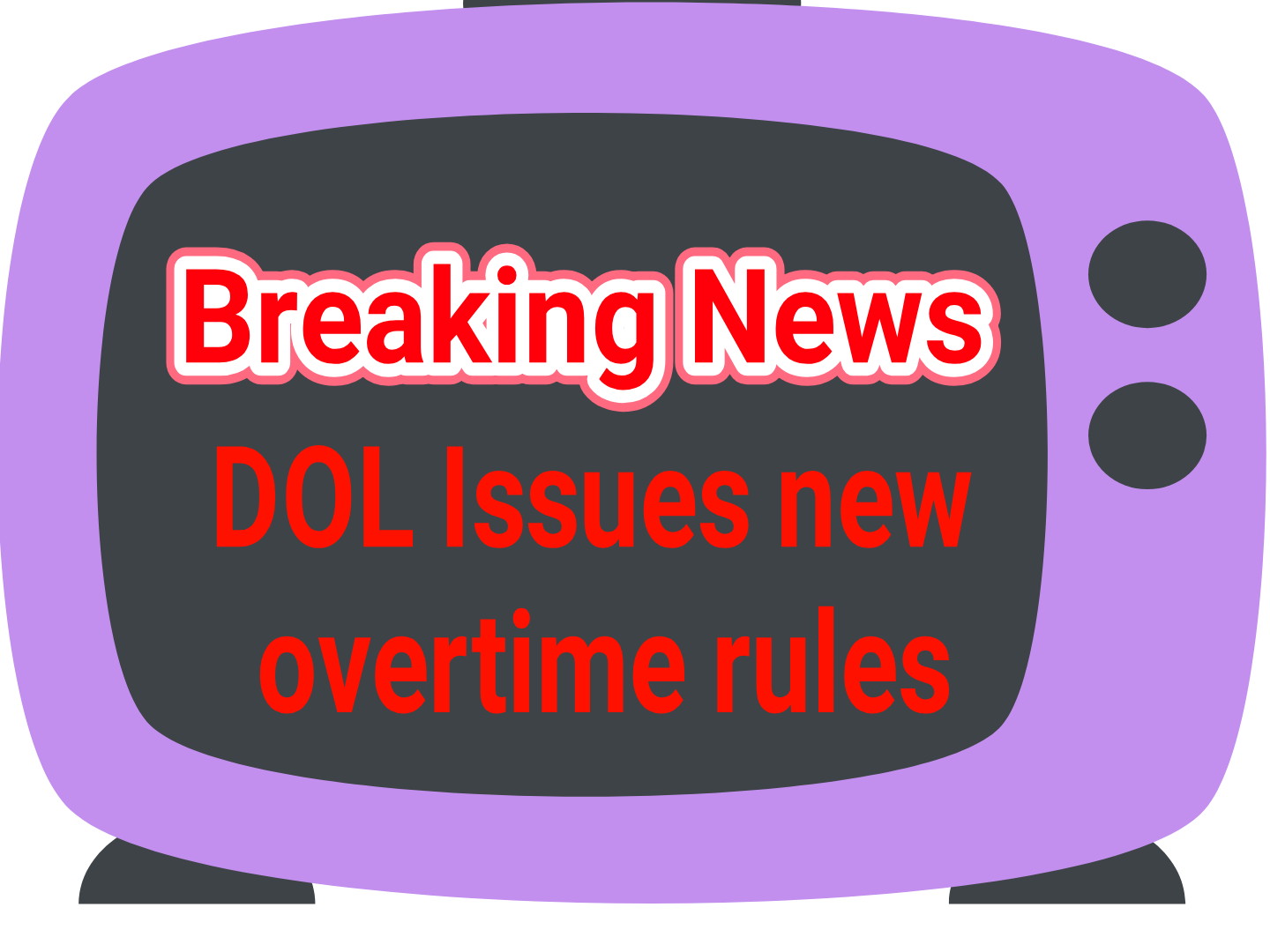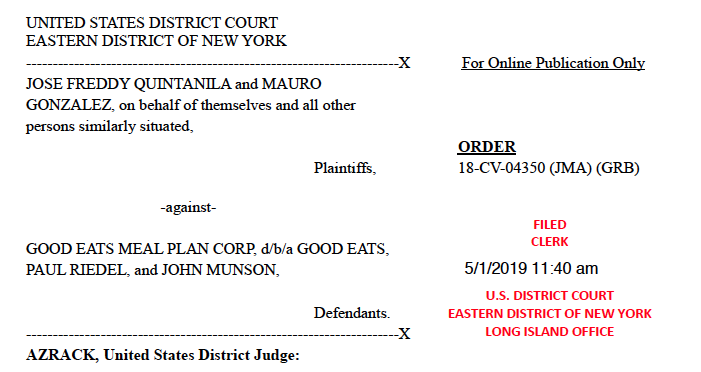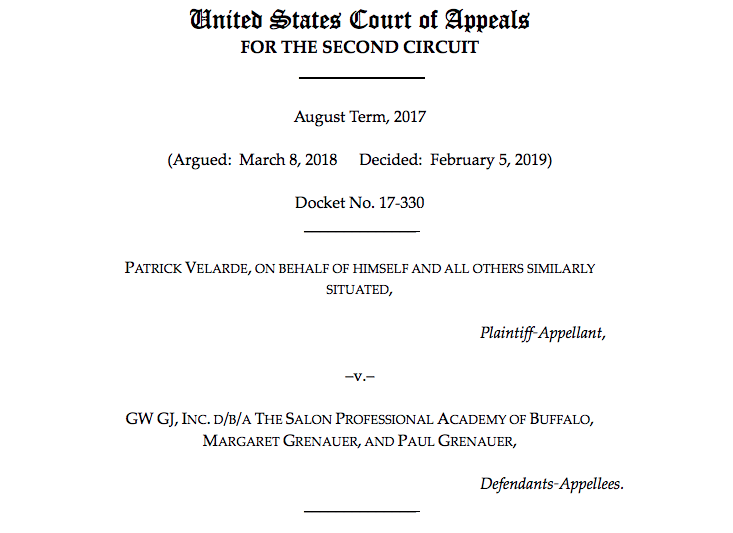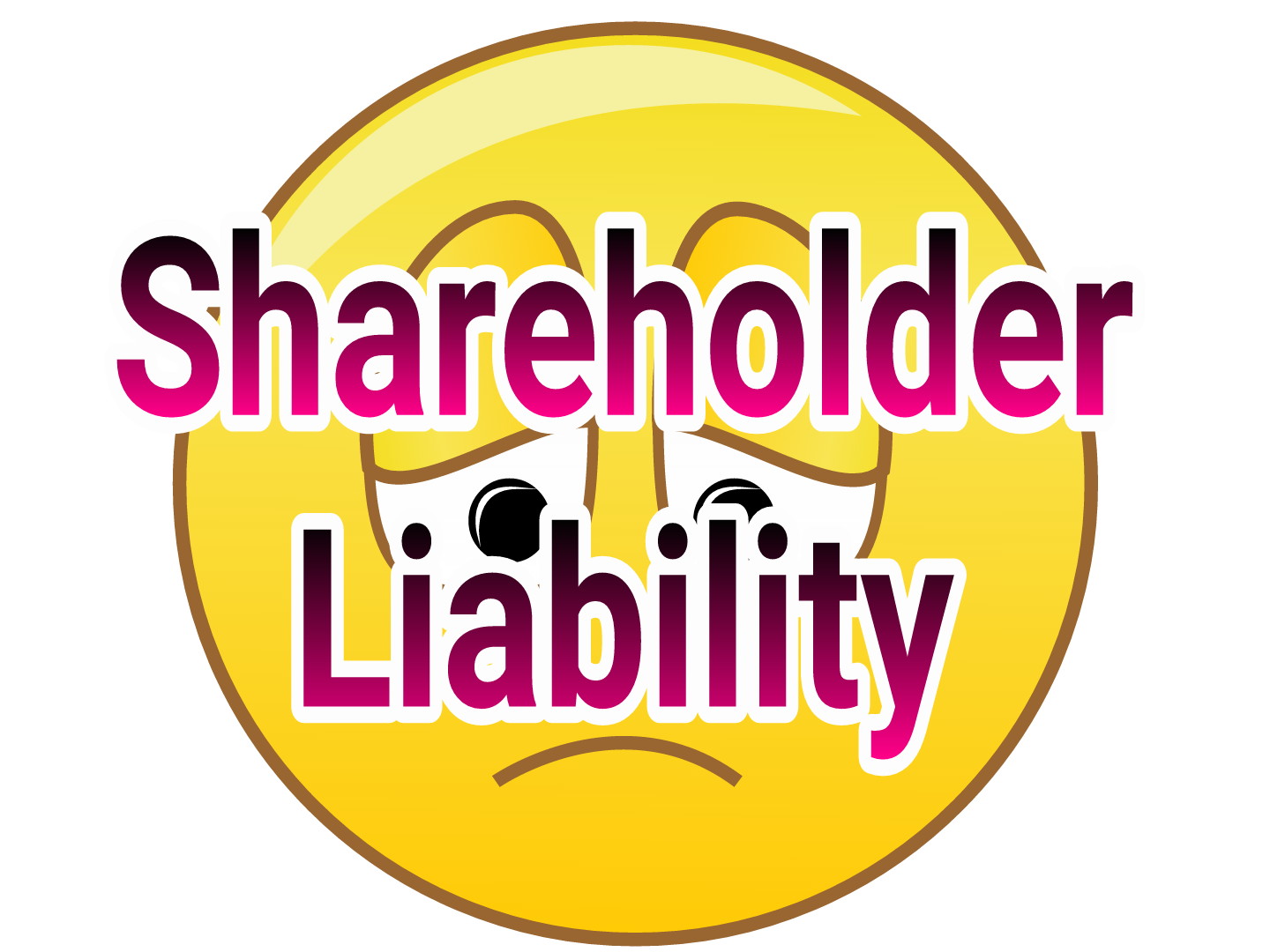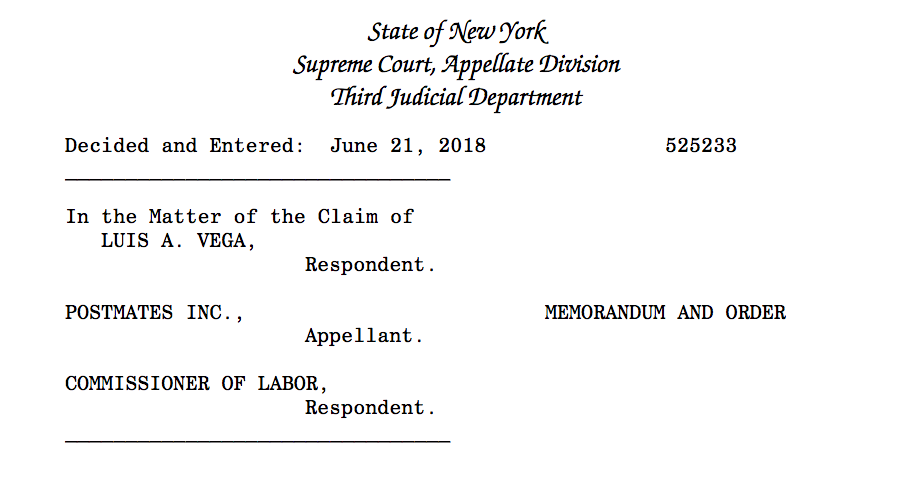On December 6, 2019, the the United States Court of Appeals for the Second Circuit decided an important case which clarifies the law concerning settling federal wage and hour cases. Today’s Long Island employment law blog takes a look at this decision. In 2015, the United States Court of Appeals for the Second Circuit issued…
Continue reading ›Your Side










